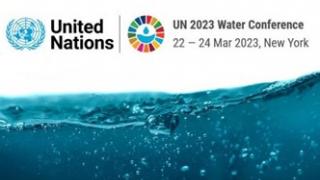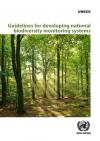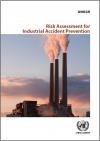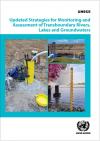UNECE Environmental Performance Reviews (EPRs) offer a comprehensive tool to help countries identify key environmental challenges and establish concrete recommendations to improve environmental sustainability across all sectors. The Fourth Cycle of UNECE EPRs is underway, with a new round of reviews to assist countries’ efforts in improving the environment for the benefit of people and planet. Each review includes a mission by a large, multidisciplinary team of international experts working in country, assessing the environmental performance by examining developments during the period since the previous review, normally seven to ten years earlier. The review process for each country culminates with the UNECE Committee on Environmental Policy considering the recommendations with a view to their adoption, and the country making a commitment to implement them within the next five to ten years. The Fourth Cycle has included Tajikistan, Montenegro and Mongolia so far.
The Fourth Cycle of EPRs was adopted by the ECE Committee on Environmental Policy in November 2020. At the Ninth Environment for Europe Ministerial Conference (Nicosia, 5–7 October 2022), in their Declaration, the Ministers commended the EPR Programme as an effective and practical policy tool with a proven track record stretching back over more than a quarter of a century, and recognized the role it plays in supporting the achievement and monitoring of SDGs in the pan-European region. Ministers endorsed the Fourth Cycle and invited UNECE to conduct it and encouraged countries to undertake further reviews and to considering elaborating road maps to implement recommendations.






















